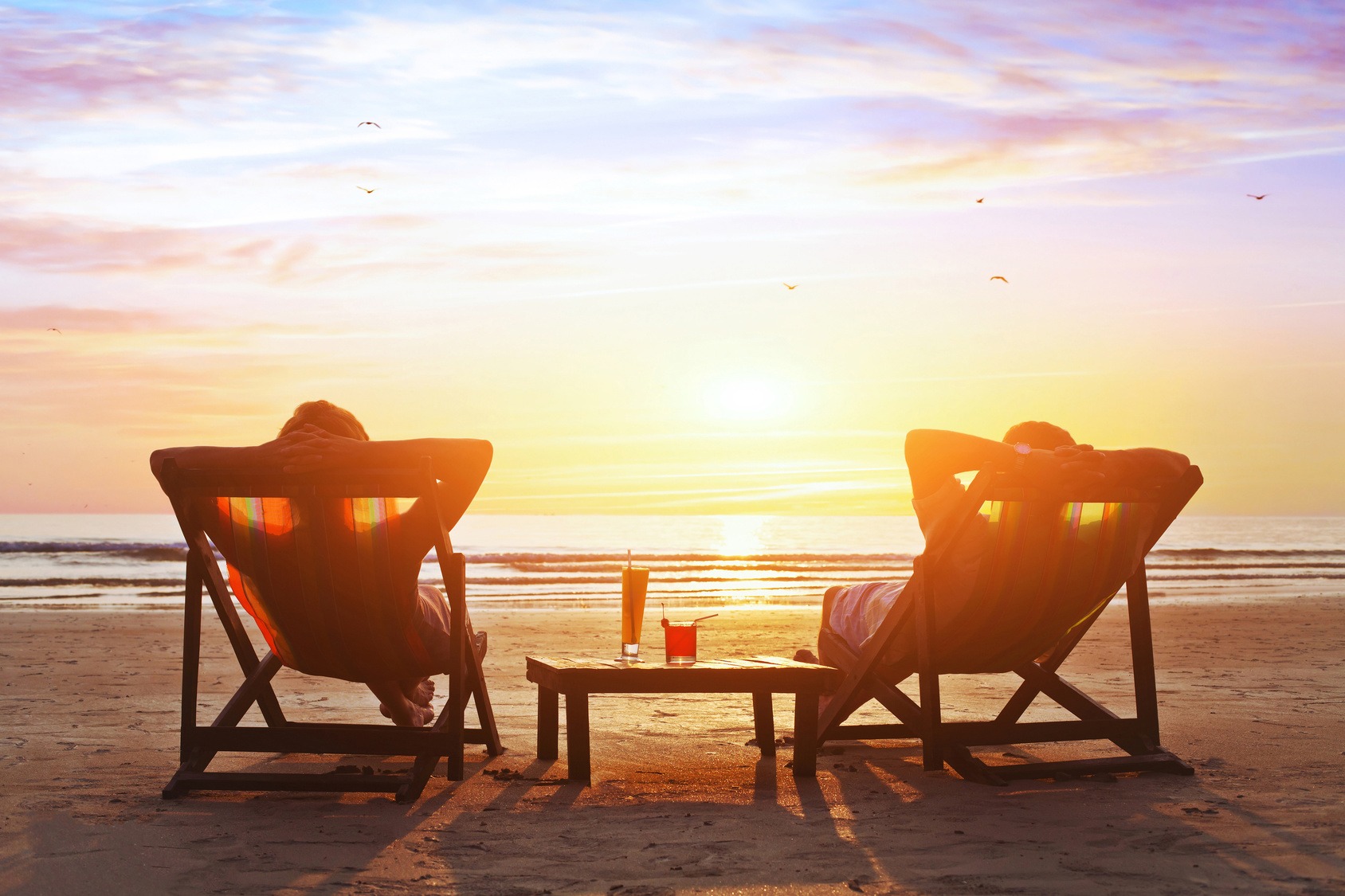Anyone who loves to travel knows how electrifying a road trip, camping excursion, backpacking journey, or beach getaway can be. Vacations are a time to relax, rejuvenate, and get away from the hustle of everyday life for a while — they are a sort of “reset button.”
This “reset” from routine is a necessary part of staying healthy. We all need to get out of the “rat race” mindset, and into a mindset of relaxation from time to time: as often as possible, in fact! Stress is a killer, and vacations are a time to see new things, meet new people, and let yourself unwind.
However, Americans today are taking fewer vacation days than in previous years… even when they have vacation days available to them. CNN reports that in 2013, American workers took less vacation time than they have over the past forty years. In 2013, Americans took an average of 16 vacation days. In 2000, the average was 20.3 days.
Why the hesitation to take vacation days? Here is what the U.S. Travel Association has to say:
“Americans are work martyrs. Tied to the office, they leave more and more paid time off unused each year, forfeiting their earned benefits and, in essence, work for free.”
So, we’re sacrificing vacation days for more work, and getting more and more bogged down and stressed out. If you’re not taking your vacation days, you should be. However, if you can’t get away and go on an actual vacation in the near future: not to worry. The “travel mindset” can be enjoyed anywhere, anytime: you just have to shift your perspective.
There are a number of interesting psychological adaptations that happen to us when we travel. I want to talk about two specifics.
First, when we’re taking in new places, we’re more inclined to notice different things around us. The sights, smells, and sounds are all new, and we naturally become mindful of them. We also notice fun cultural differences, such as the custom of putting mayonnaise on french fries in Amsterdam, or more obvious things like driving on the left side of the road in the United Kingdom. We become hyper-aware of gestures, accents, new plants or flowers… anything different from our routines at home. We are aware of them, and we appreciate them. Remember, in order to appreciate them, we first need to be aware of them.
This mindset can be applied to our homes and neighborhoods, as well. At home, we often have blinders on to the smaller nuances of life. We experience the sights, sounds, and smells of our immediate environment on a daily basis, so we may not even notice them after a time. However, if you get yourself into a mindset of hyper-awareness, you may notice flowers and birds you’ve never seen before, right in your own backyard. You’ll notice that your neighbor added some new landscaping and that a new cafe just opened down the road. You may meet new people, and learn new things. The key is to be aware of subtle variations from your routine, and explore them.
The second adaptation that happens when we travel is our increased tolerance for discomfort and frustration. I have been fortunate to have done a lot of travelling, many times in search of good waves. Surf trips typically involve long hours spent getting to remote locations, often on very rough roads. Even when it’s a dusty dirt road full of potholes, and it’s hot, dirty, and uncomfortable, the mood in the truck is upbeat. We take the discomfort as it comes, push the discomfort to the background, and take it all in as part of the adventure.
Those same people in their home city, in that same truck on a bad road during a traffic jam would likely be experiencing very different emotions. There may be bouts of road rage, people would be upset, and the atmosphere would be anything but upbeat. The discomfort sits center stage. We’ve all been in this situation. If, however, you adopt a travel mindset during your everyday excursions, you will find that you have a greater tolerance for life’s little discomforts. It has everything to do with your the stories you tell yourself about the discomfort, rather than discomfort itself.
So many of my patients have medical problems that are exacerbated by stress, and often, some of that stress can be relieved with a change in perspective. The frame-shift into a travel mindset can be a very useful exercise, no matter where you are or what you’re doing. Being mindful of your surroundings, and elevating your perspective beyond trivial discomforts and onto the journey, is the essence of mindfulness. Mindfulness is a skill that can be cultivated, and developing this skill can really turn everyday life into an adventure of its own. An adventure, and a meditative experience, all in one.
– Dr. Joshua Levitt









